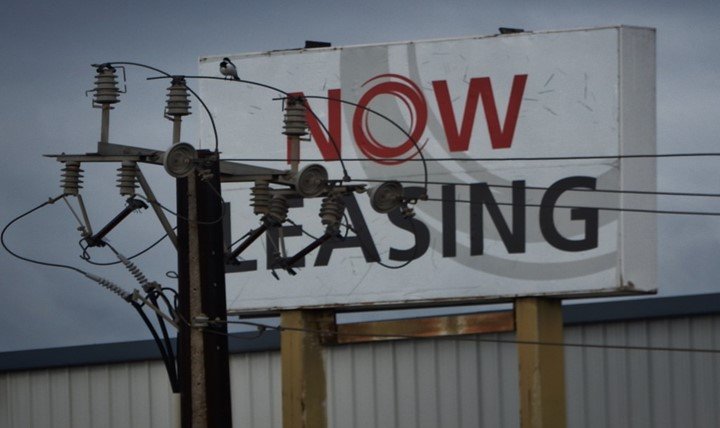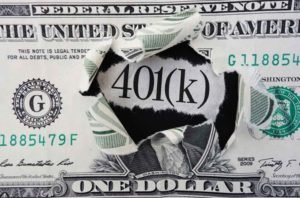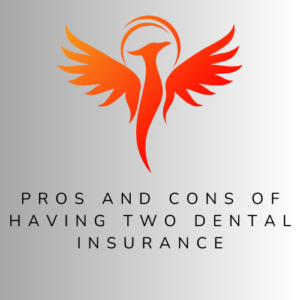Leasing has the most alternative to solve purchasing assets versus fixed asset requirements. This investment needs the owner to understand if leasing will bring better returns or not. There are many purposes for choosing a lease. For instance, avoiding ownership and its risk as well as get tax benefits. Here are the pros and cons of leasing.
Pros
1. Quality: When leasing, asset’s ownership lies on the lessor and the lessee pays for a rental expense. This agreement makes a business to get good and quality assets for lease. Some may look expensive and unaffordable.
2. The balanced outflow of cash: Greatest leasing advantage is that the payments or cash outflow for leasing can be spread out for many years. It saves the burden of once cash payment. Henceforth, business investments can preserve a smooth cash-flow profile.
3. Tax benefits: Lease expenses and payments are categorized as operative expenses. For this reason, any interests are tax-deductible.
4. Great planning: Lease payment is always constant depending on the life of the asset, inflation, or lease tenor. Therefore, business persons can plan cash outflow and expense better while following budgeting exercise.
5. Terminate rights: Lessee has the right to purchase an asset and terminate a leasing contract after the leasing period. This provides flexibility in the leasing business.
6. No obsolescence: Most businesses are operating in the field where it is risky for technology to turn obsolete. However, leasing does not involve obsolescence. It brings better returns as well as saves businesses from investing in outdated technology. Operating on outdated technology can bring loss such as not selling the asset or making a loss when selling. This is great for the technology business.
7. Removes debt from off-balance-sheet: Lease payments have similar treatment with that of interest expense. However, a lease is categorized differently from debt. It is put as off-balance sheet debt hence does not appear on the balance sheet of the company.
8. Better capital usage: The company decides to lease instead of investing in an asset. This releases money for the business to support another capital or save capital to invest in better capital.
9. Low expenditure: Leasing is a great alternative for a new business that still has low capital expenditure. The startup has low cost at its onset.
Cons
1. Reduced tax benefits: Tax benefits are usually minimal for new start-ups. There is no added tax advantage from leasing. Beneficiaries of leasing taxes are those who have stayed in the business for long.
2. Maintenance costs: Lessee is always responsible for taking care of the asset being leased. The property owner has to take care of the property to avoid destruction.
3. Lack of ownership: Regardless of sum payment done for years on the asset, the lessee does not become the owner of the asset at the end of the leasing.
4. Debt: The lease is not present on the company’s balance sheet. Nonetheless, investors consider lease as long term debt thus adjust business valuation to put leases.
5. Limited loan: Investors take long term business as loans. Therefore, it is hard to take other loans in the form of debt.
6. Processing: Lease agreement requires a complex process for documenting and examining the asset leased.



